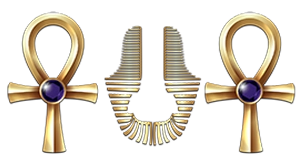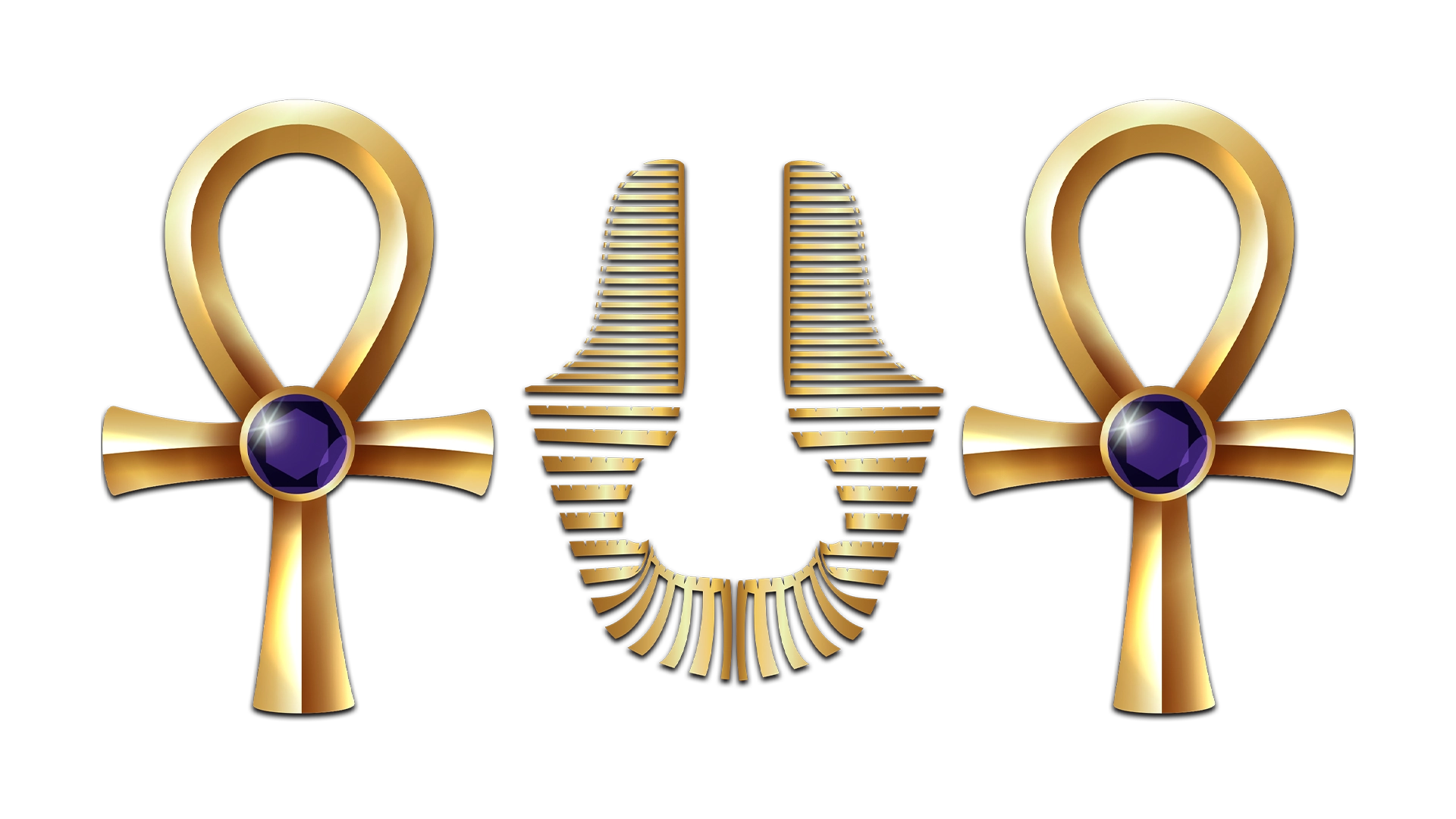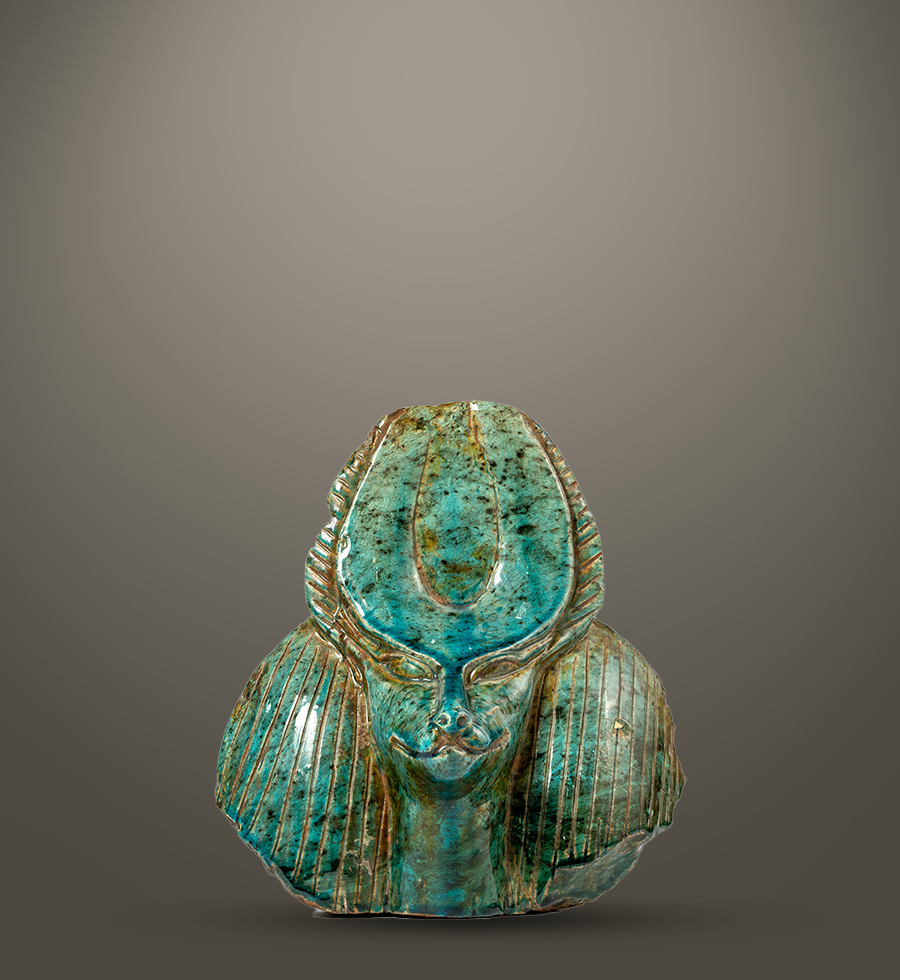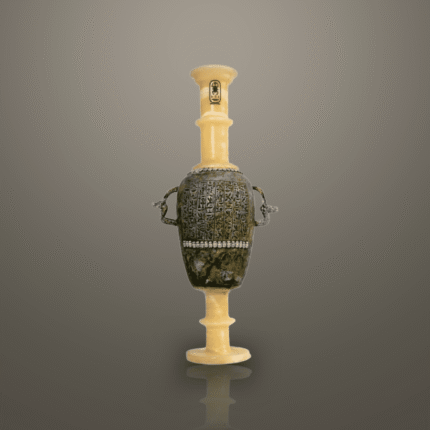Anubis
$2,800.00
The statue of Anubis, the god of death, crafted from obsidian, captures his role as the protector and guide of souls in the afterlife in ancient Egyptian culture
| Weight | 4 kg |
|---|---|
| Dimensions | 25 × 25 × 11 cm |
| Brand | Alabaster |
Anubis: Guardian of the Afterlife
The statue of Anubis, god of death, made from obsidian, shows him in his iconic form as a jackal-headed deity. In ancient Egyptian mythology, Anubis played a crucial role in guiding souls through the afterlife. He ensured their safe passage to the underworld. The jackal, associated with cemeteries and protection of graves, symbolizes his role as the guardian of the dead. This beautifully crafted statue, made from black obsidian, reflects the divine importance of Anubis in ancient Egyptian beliefs.
Anubis’s connection to death made him one of the most respected gods in the Egyptian pantheon. As the god of mummification and embalming, he was responsible for preserving the body after death, which was vital for the soul’s journey to the afterlife. His presence during funerary rituals reassured the living. It ensured that their loved ones were safe from harm as they entered the realm of the dead, ruled by Osiris. This statue serves as a reminder of Anubis’s lasting role as a protector of souls.
The Role of Anubis in Ancient Egypt
Anubis protected not only the bodies of the dead but also their souls. He played an essential part in the “Weighing of the Heart” ceremony. During this process, he weighed the heart of the deceased against the feather of Ma’at, the goddess of truth. This ritual determined whether the soul was worthy of entering the afterlife. Anubis’s role as the impartial overseer of this process highlights his importance in maintaining balance and justice.
This statue, carved from obsidian, captures the power and precision Anubis held in Egyptian mythology. Obsidian, a sharp and reflective stone, symbolizes clarity, making it the perfect material to represent his role. The smooth lines of the jackal’s head and the detailed carvings on his robes demonstrate the skill of ancient Egyptian artisans.
Anubis’s Influence in Modern Times
Today, Anubis remains a powerful symbol in art and culture. His role as a protector of souls continues to inspire modern spiritual practices. Collectors and historians appreciate the Anubis statue for its craftsmanship and cultural significance. It is a timeless piece that reminds us of the profound role Anubis played in ancient Egypt.
Learn more about The statue of the goddess Hatshepsut.
Read more about Anubis and his role in Egyptian mythology on Wikipedia.













Reviews
There are no reviews yet.